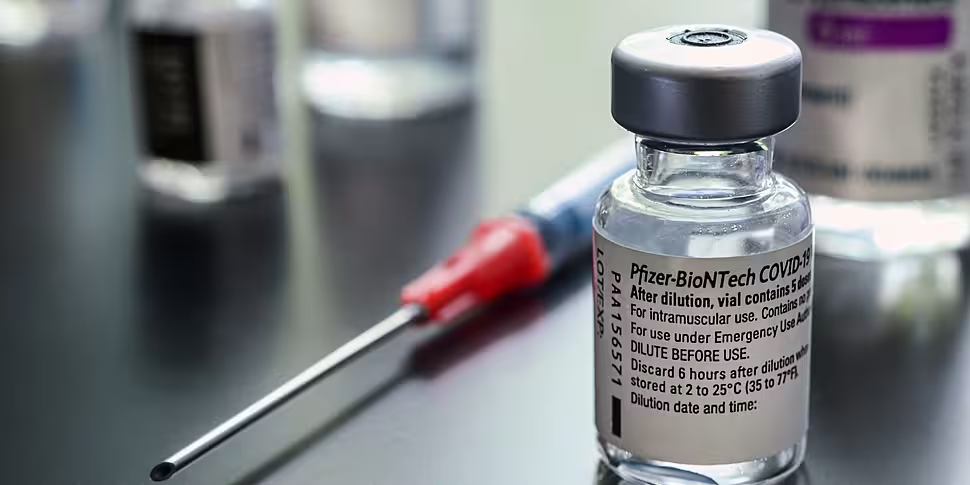COVID immunity begins to wane just 90 days after the second dose of the Pfizer vaccine and decreases over time, according to a new study.
The Israeli research has been published in the British Medical Journal.
Israel was one of the first countries to roll out a large-scale vaccine campaign at the end of last year and has seen a resurgence in the infections since the summer.
The researchers examine the electronic health records of 80,057 fully vaccinated adults who sat a PCR test at least three weeks after their second jab.
None of them had any evidence of being infected with COVID in the past.
Some 9.6% of the people in the sample tested positive for the virus. They were then matched to people of same age and ethnic group who tested negative in the same week.
The researchers found that the rate of positive results rose in line with the amount of time elapsed since the second dose.
Across all age groups:
- 3% of participants tested positive 21-89 days after a second dose
- 4% after 90-119 days
- 6% after 120-149 days
- 3% after 150-179 days
- 5% after 180 days or more
It means the risk of infection after 90 days across all age groups is:
- 37-fold higher after 90-119
- 66-fold higher after 120-149 days
- 82-fold higher after 150-179 days
- 82-fold higher after 180 days or more
“Large scale Covid-19 vaccination campaigns can achieve control over the spread of the virus, but even in countries with high vaccination rates, breakthrough infections can occur,” the researchers wrote.
“The risk of infection in adults who received two vaccine injections increased with time elapsed since vaccination compared with the reference (individuals vaccinated in the last 90 days)."
They said the results back up the need for booster doses to reduce breakthrough infections.









